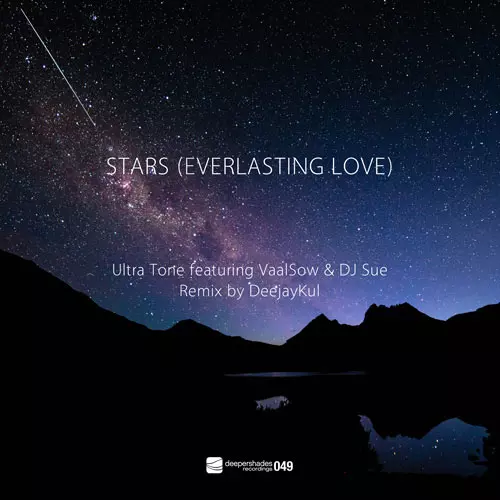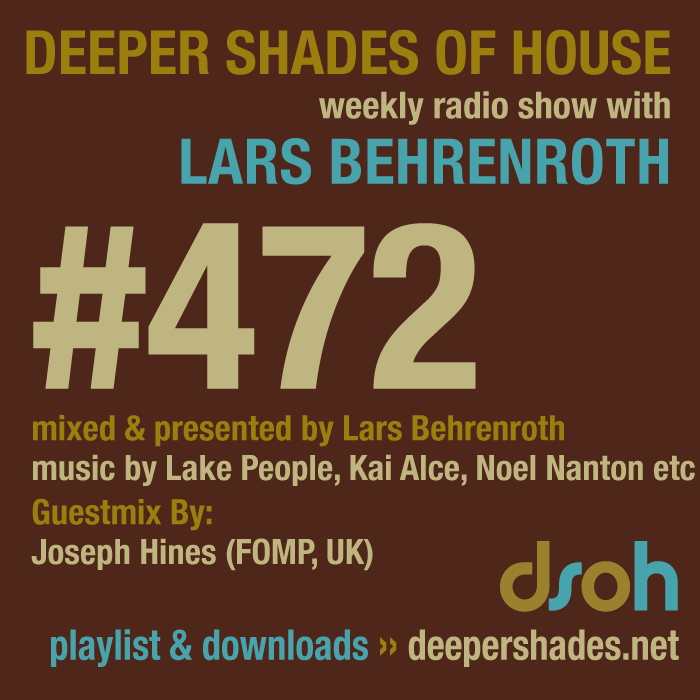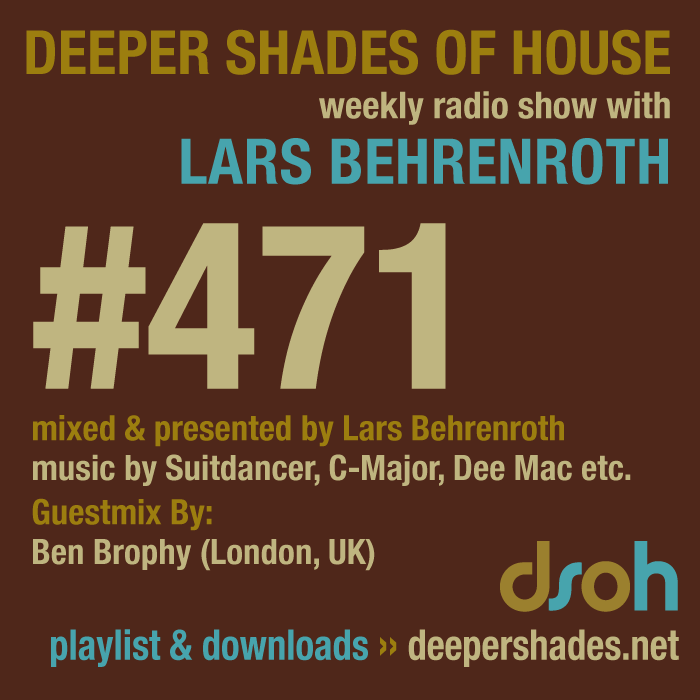Ultra Tone featuring VaalSow & DJ Sue - Stars (Everlasting Love) [DeejayKul meets Soultechnic Remix]

Ultra Tone featuring VaalSow & DJ Sue
Stars (Everlasting Love)
[DeejayKul meets Soultechnic Remix]
Deeper Shades Recordings
Catalog Number: DSOH049
Click the logos below to purchase this release from the following digital shops:

FREE DEEPER SHADES PREMIUM MEMBER DOWNLOAD
Please login with your Deeper Shades Premium Silver or Gold credentials or Go Premium to download free!
If you experience problems with the download, please email [email protected] and include your username.
"Stars (DeejayKul meets Soultechnic Remix)"
"Stars (DeejayKul meets Soultechnic Remix Instrumental)"
Please login with your Deeper Shades Premium Silver or Gold credentials or Go Premium to download free!
If you experience problems with the download, please email [email protected] and include your username.
"Stars (DeejayKul meets Soultechnic Remix)"
"Stars (DeejayKul meets Soultechnic Remix Instrumental)"




